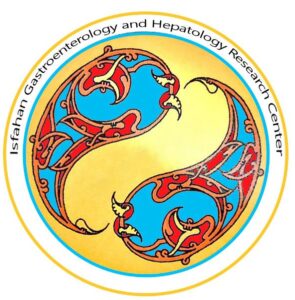| Original Article |
Question: What is the impact of hepatitis B envelope antigen (HBeAg) status at the onset of antiviral treatment on the risk of Hepatocellular Carcinoma (HCC)?
Design/Method: A nationwide multicenter cohort study was conducted between 2007 and 2018. The incidence of HCC was evaluated in patients who started entecavir or tenofovir in either HBeAg positive or HBeAg-negative phase. A Caucasian cohort was used as a validation cohort
Setting: South Korea
Patients/Study community: Patients with chronic hepatitis B (CHB) who underwent nucleos (t) ide analogues (NA) treatment
Results: Baseline HBeAg-positivity is independently associated with lower HCC risk in NA treated CHB patients without liver cirrhosis (LC), even after adjustments for many confounders including age, severity of hepatic fibrosis and HBV DNA levels. In contrast, HBeAg status upon NA treatment initiation does not seem to have any effect on the HCC risk if LC has developed
Commentary:
| The findings of this study suggest the requirement for ongoing observation of patients who are in the phase of chronic HBV infection with HBeAg positivity. Ongoing CRC screening in patients with protracted IBD requires a targeted approach taking into account age, comorbidities, life expectancy, prior history of dysplasia, as well as adherence to prior surveillance exams. |
Citation: Heejoon Jang, Jun Sik Yoon, Soo Young Park, and et all. Impact of HBeAg on hepatocellular carcinoma risk during oral antiviral treatment in patients with chronic hepatitis B. Clinical Gastroenterology and Hepatology. 2022; 20(6):1343-1353
DOI: 10.1016/j.cgh.2021.09.001
https://pubmed.ncbi.nlm.nih.gov/34500103/
Topics: Liver Cancer, Neoplasm, Hepatitis B Virus, DNA, Cumulative Incidence


